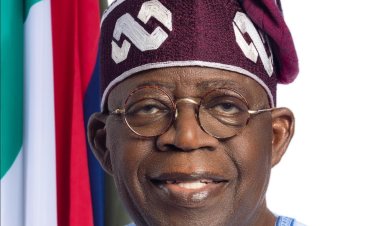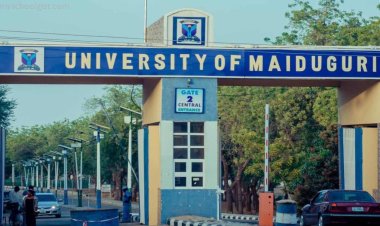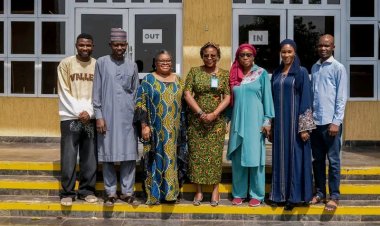Experts Criticize New WAEC Age Policy at International Mathematics Conference
Academia and industry experts have voiced concerns over the Federal Government’s recent policy setting 18 years as the minimum age for students to sit for the West African Examinations Council (WAEC) exams.
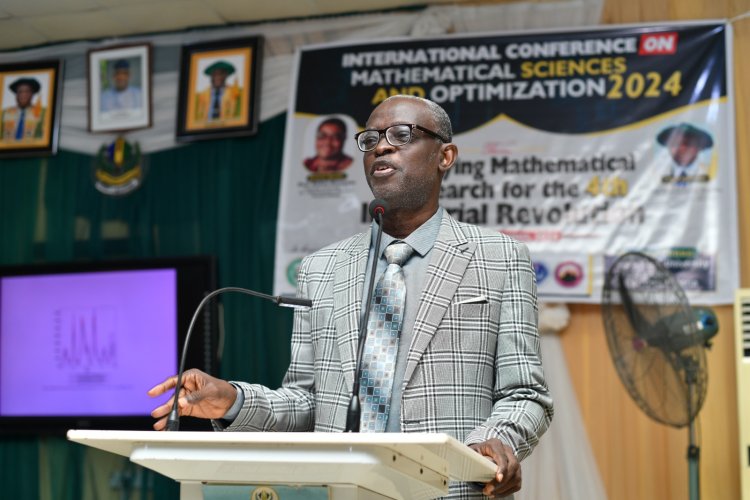
Academia and industry experts have voiced concerns over the Federal Government’s recent policy setting 18 years as the minimum age for students to sit for the West African Examinations Council (WAEC) exams. This policy was a key topic at the international conference on "Applying Mathematical Sciences and Optimization," hosted by the Department of Mathematics, Tai Solarin University of Education (TASUED).
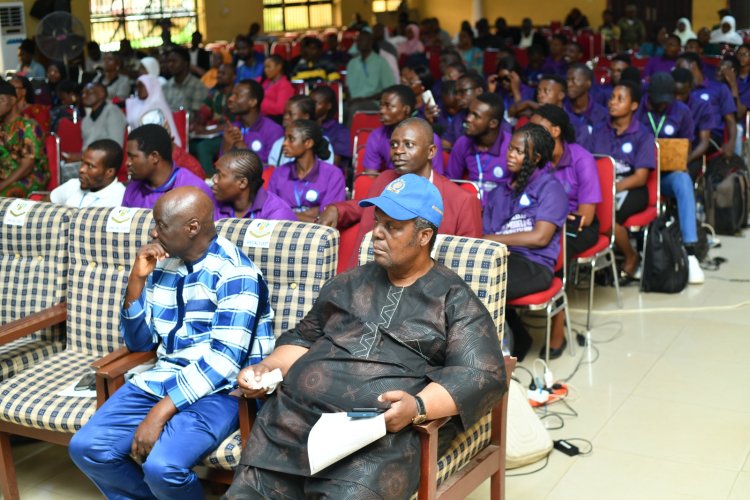
Speaking at the event, Prof. Johnson Olaleru, a mathematics expert from the University of Lagos, criticized the policy, stating it could negatively affect the academic progression of young Nigerians. "This policy lacks scientific basis and may hinder the educational advancement of many gifted students," Prof. Olaleru said, emphasizing the need for data-driven decision-making in national policies.
The conference, which centered on the theme “Applying Mathematical Research for the 4th Industrial Revolution,” brought together leading mathematicians, including Prof. Abdon Atangana, ranked as the No. 1 Mathematician by Stanford University. Prof. Atangana highlighted the critical role of mathematical sciences in developing technologies like artificial intelligence, machine learning, and quantum computing, underscoring mathematics as the backbone of modern innovations.
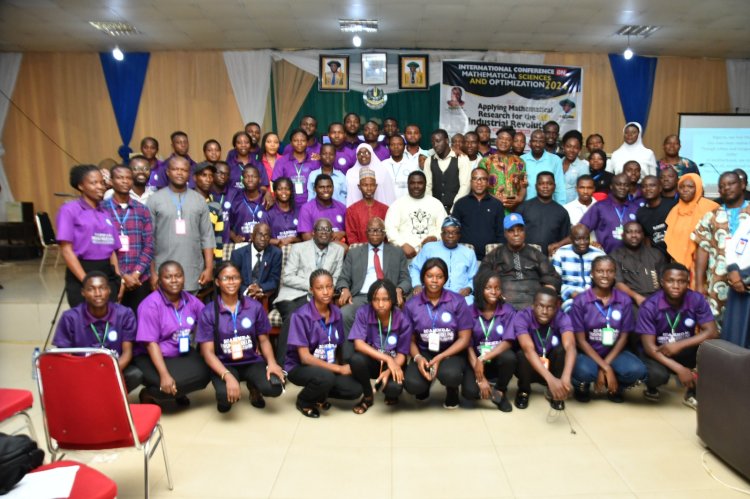
The Vice-Chancellor of TASUED, Prof. Oluwole Banjo, in his opening address, stressed that mathematics is central to the 4th Industrial Revolution, and TASUED remains committed to advancing research in this field. Prof. Adewale Roland Solarin, a member of the University’s Governing Council, called for stronger collaboration between academic research and industry to drive practical, real-world applications of mathematical studies.
The conference concluded with participants reaffirming their commitment to using mathematical research to address societal challenges, especially in the face of Africa’s ongoing brain drain and socio-economic difficulties.

 UBA CHIDINMA
UBA CHIDINMA 

